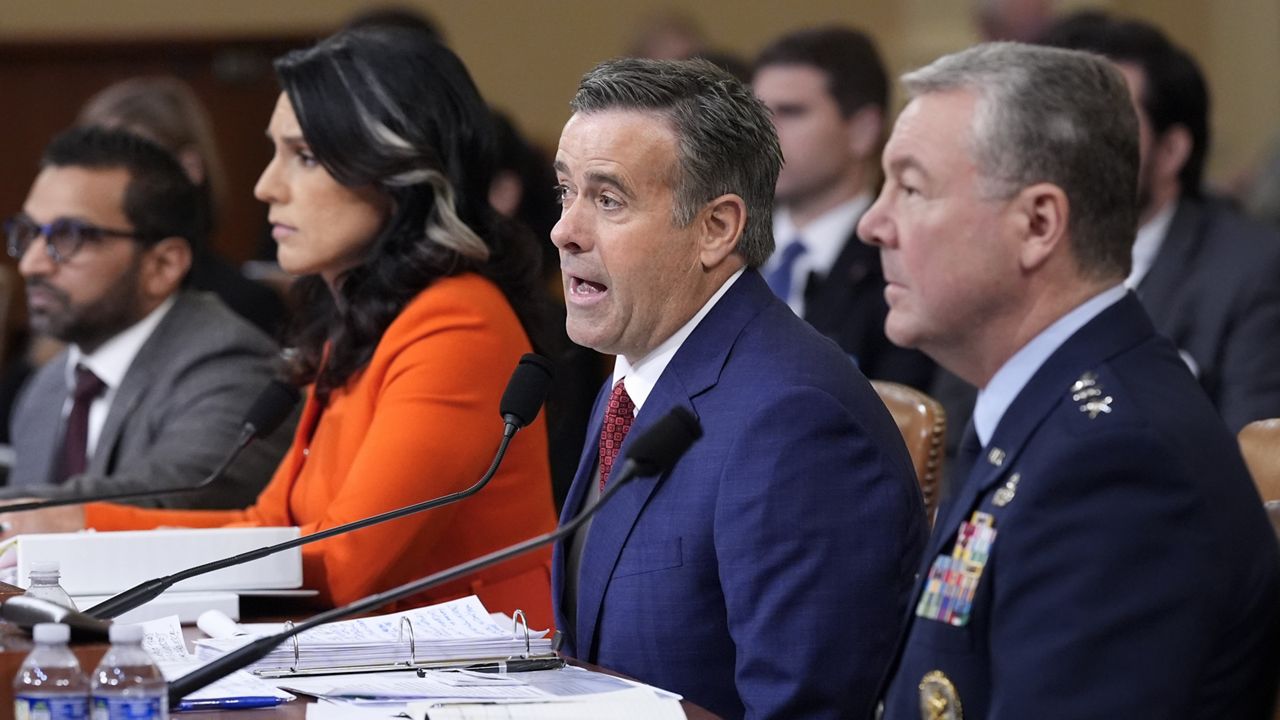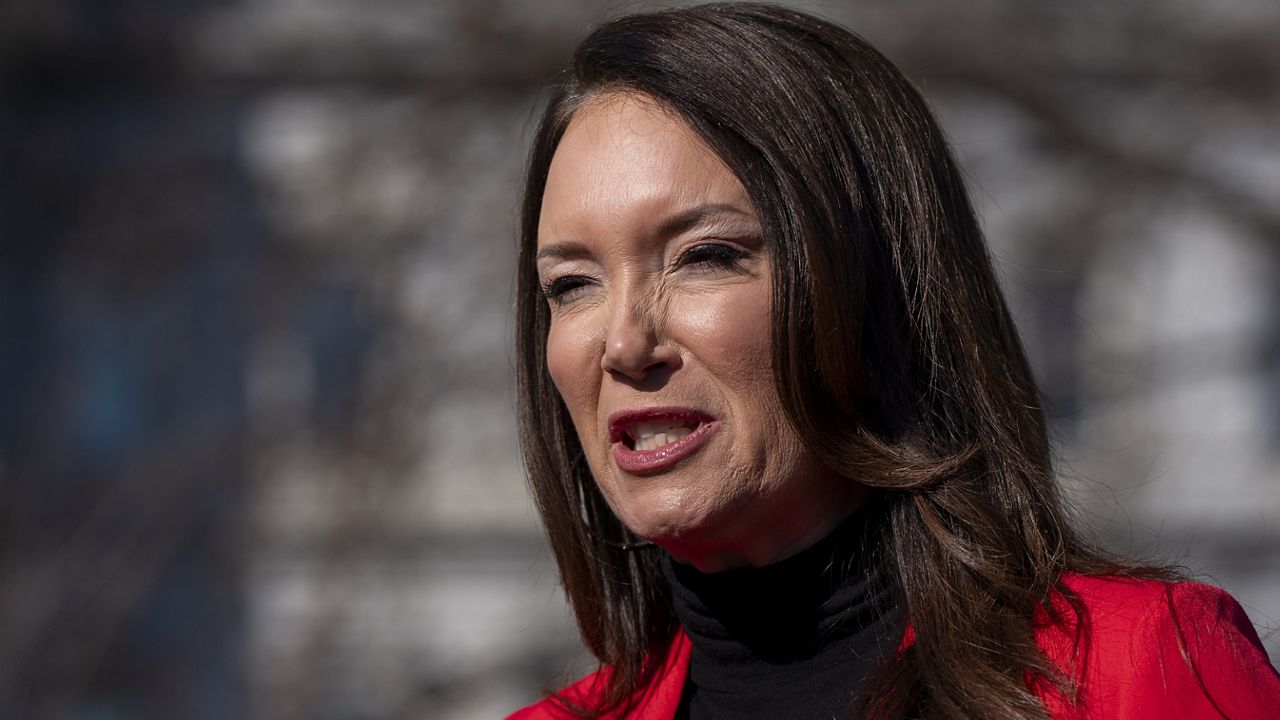WASHINGTON — Bowing to the demands of former President Donald Trump, Republicans in Congress last week tanked a compromise on border security that would have made it harder for migrants to obtain asylum and easier for the government to expel them. As migrants continuing to stream into the U.S., some wonder whether there is anything the government can now do to bring more order to the border.
On Capitol Hill, Sen. Rand Paul, R-Kentucky, spent Monday dragging out the Senate effort to pass a $95 billion foreign aid package without addressing the border. Lawmakers moved ahead with a standalone bill because a group of Senate Republicans, as well as their counterparts in the House, rejected a bipartisan border deal hashed out with the White House.
The expectations of Congress making any border policy changes in an election year remain low.
“They just outright refuse things that they have been asking for, for years. All of a sudden, they won’t touch it, because they want it as a campaign issue. So with that kind of hypocritical and cynical governing. I don’t know that we’re gonna get anything done,” Rep. Joaquin Castro, D-San Antonio, said.
Rep. Dan Crenshaw, R-Houston, expressed disagreement with the notion that there does not need to be new legislation for President Joe Biden to expand his authority at the southern border.
“Two things can be true at once. He could do more, but also we need changes to law. I understand some Republicans are saying we don’t need any changes to law, then why did we write H.R.2?” Crenshaw said.
The White House said the administration is evaluating their options. Press Secretary Karine Jean-Pierre was recently asked about what executive actions the president is considering.
“No executive action could actually have done what this bipartisan agreement could have done and would have been able to put into place to deal with the challenges at the border and to actually deal with immigration,” Jean-Pierre said.
Deep Gulasekaram, a law professor at the University of Colorado Boulder, said that although the president has broad discretion to enforce immigration law and set priorities for the Department of Homeland Security, that authority has its limitations. One check on the president is financial.
“He has to operate within the money that Congress has already provided for immigration and border and enforcement. It’s worth noting that the proposed Senate bill would have greatly increased the operational budget for that type of enforcement,” Gulasekaram said.
Gulasekaram, who teaches courses in immigration and constitutional law, said another constraint on the president is legal.
“Existing immigration law and border regulations have been around for decades. They prescribe certain procedures and standards, especially for dealing with people who are coming to the United States to make humanitarian claims for admission, refugee and asylum protection,” he said. “The proposed Senate bill, it’s worth noting, would have changed some of those standards and procedures for humanitarian admission.”
A spokesperson for the Department of Homeland Security did not say what policy changes officials are considering but said Congress has “chronically underfunded” the agency.
“Most recently, Congress rejected the bipartisan national security bill out of hand, which will put at risk DHS’s current removal operations, put further strain on our already overtaxed workforce, and make it harder to catch fentanyl at ports of entry,” the spokesperson said in a statement to Spectrum News.









)

